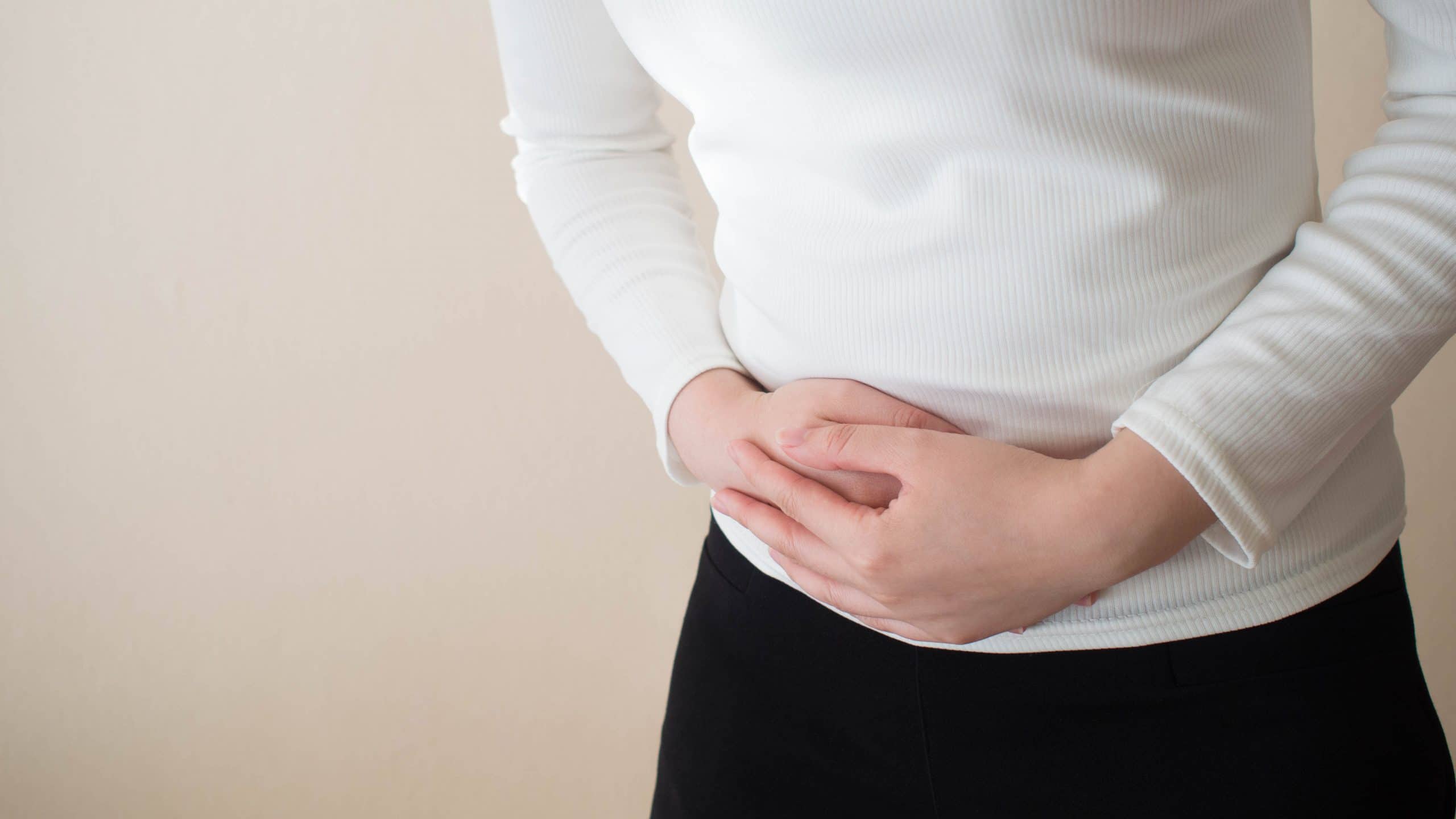PCOD Clinic in Nagpur

PCOD Clinic in Nagpur
Polycystic Ovarian Disease (PCOD) is a medical condition in which a woman’s ovaries generate immature or partially mature eggs in large numbers during reproductive age. These eggs develop into cysts in the ovaries over time.
Due to the cysts, ovaries become large & secrete large amounts of male hormones (androgen) which causes infertility problems, irregular periods, unwanted weight gain, and other health issues.
While relatively common, most women are not aware of the signs and symptoms of PCOD, the implications of the condition, and available treatment options. So let us take a closer look.
PCOD Problem Symptoms
PCOD primarily affects the ovaries. The ovaries are a part of the female reproductive system. All women have two ovaries, and these release egg cells or ova. The ovaries are responsible for the production of oestrogen and progesterone. They also release the male hormone called androgen. PCOD can disrupt this process and lead to an abnormal release of male hormones.
Here are some common signs and symptoms of PCOD problems-
- Irregular or unpredictable menstrual periods
- Heavy bleeding during periods
- Excess body hair
- Acne
- Hair loss or male pattern baldness
- Difficulty in getting pregnant
- Obesity
- Darkening of skin or pigmentation around the neck
- Sleep disorders
- Depression
What is PCOD Causes
The exact cause of PCOD problem remains unclear. Doctors believe that PCOD can have both genetic and environmental causes. PCOD is often associated with –
- An unhealthy diet
- A sedentary lifestyle
- Pollution
- Hormone altering medication
- Several OTC (over the counter) medications and supplements
PCOD Problem Treatment Options
It is important to remember that solutions to the Polycystic Ovarian Disease (PCOD) problem involve both medication and lifestyle changes. Unfortunately, there is no known cure for the condition, but managing the symptoms can improve the quality of life.
- Diet modification can go a long way in managing symptoms and offering PCOD problem solutions.
2. Women leading a sedentary lifestyle must plan and stick to a regular exercise schedule as part of the PCOD solution.
3. Cyclic hormonal treatment and ovulation induction medication can help regulate the menstrual cycle.
4. Skin treatment can help reduce acne and the darkening of the skin.
5. Infertility treatment can help with conception.
Medication and Surgical Treatment Options for PCOD Problem
The symptoms associated with Polycystic Ovarian Disease (PCOD) can be treated with the help of several medicines. In rare cases, your doctor may recommend surgery as well. Some of the treatment protocols for PCOD/PCOS include –
- Progestin – Progestin, a synthetic progestogen, is often recommended to correct amenorrhea or the absence of periods.
- Birth control pills – Some birth control pills contain oestrogen and progestin and help reduce the Androgen levels in the body. This helps combat anovulation.
- Letrozole and clomiphene – Letrozole and clomiphene help induce ovulation.
- Metformin – Metformin reduces insulin resistance and helps with weight reduction as well.
- Immature follicle aspiration – Helps reduce the number of immature follicles, improving ovulation.
How is PCOD Problem diagnosed?
Diagnosis is crucial in finding a solution to PCOD problems. Your gynecologist will start with a physical exam and take a history of your symptoms. The doctor may then recommend tests such as –
1. Blood tests (to check for the hormonal levels, blood sugar, insulin, and cholesterol)
2. Pelvic ultrasound (to look for cysts in the ovaries and measure the lining of the uterus)

